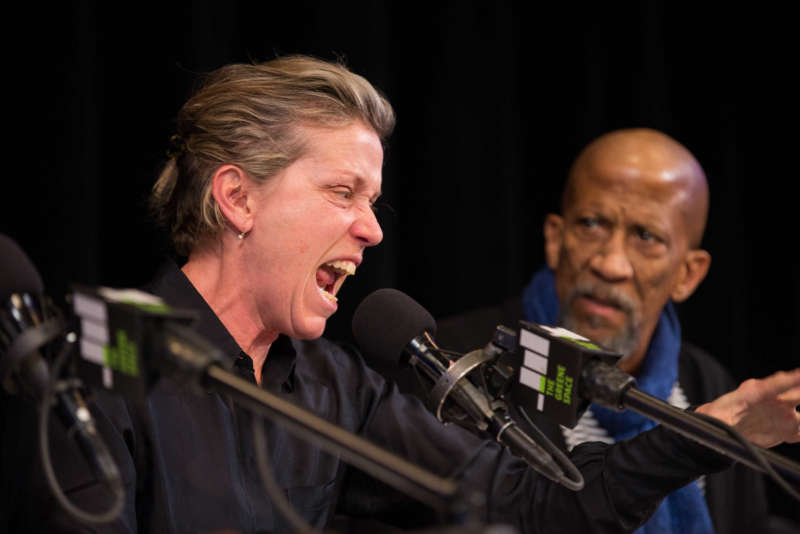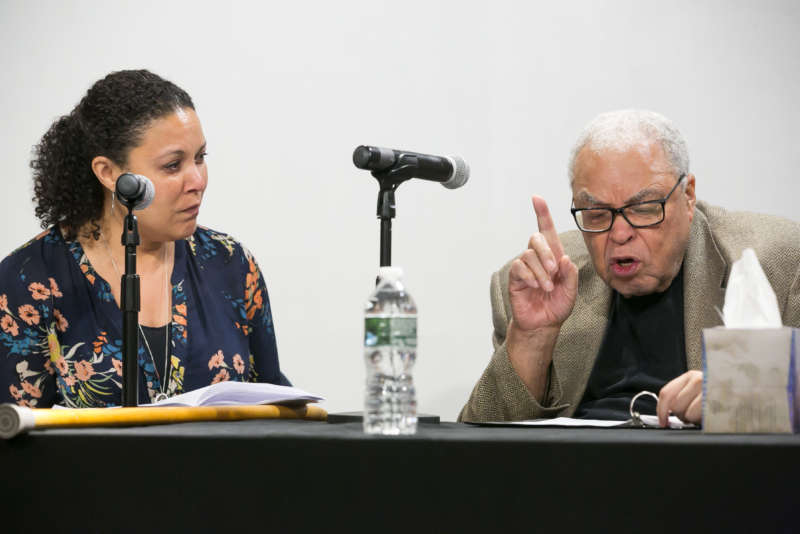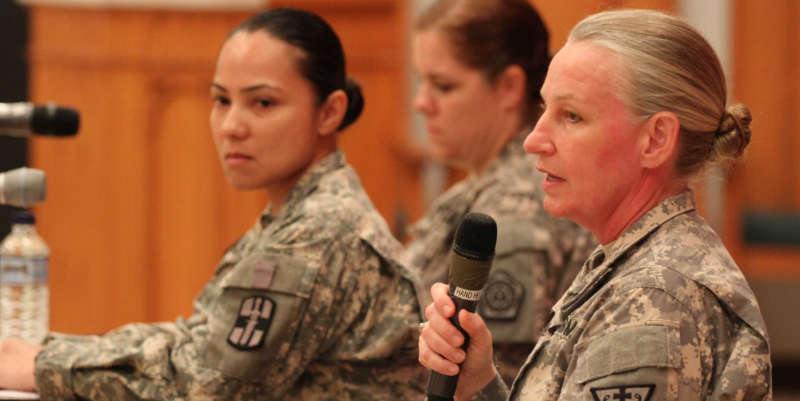Open to Public
The Suppliants Project at Valencia College
About the play
-
The Suppliants by Aeschylus
In Aeschylus’ ancient play The Suppliants, fifty women who are fleeing forced marriages travel from Egypt to Argos in order to ask King Pelasgus for asylum. At first, Pelasgus refuses to help them, but the Argive people rally behind the women and convince their king to allow the refugees to remain under the city’s protection. When a large group of Egyptian men arrive in Argos, demanding their women back, King Pelasgus threatens them and summons his army to drive them away. The play ends with the women retreating to safety and finding asylum within the walls of Argos.
Explore Projects
-
 War & Mental HealthThe Tecmessa Project
War & Mental HealthThe Tecmessa ProjectThe Tecmessa Project presents readings of Sophocles’s Ajax, an ancient play about the visible and invisible wounds of war, as the catalyst for discussions focusing on the unique challenges faced by military family members, including couples, children, caregivers, and communities. This project is designed to promote understanding, compassion, and positive action.
-
 Caregiving & DeathKing Lear Project
Caregiving & DeathKing Lear ProjectThe King Lear Project presents streamlined readings of scenes from Shakespeare’s King Lear to engage diverse audiences—including older adults, caregivers, and family members—in open, healing, constructive, discussions about the challenges of aging, dementia, and caring for friends and loved ones.
-
 Consent & Sexual ViolenceTape
Consent & Sexual ViolenceTapeTape has been developed as a sexual assault awareness and prevention training program that uses dramatic readings of Stephen Belber’s 1999 play to ignite powerful discussions about consent, sexual assault, rape, and power dynamics.